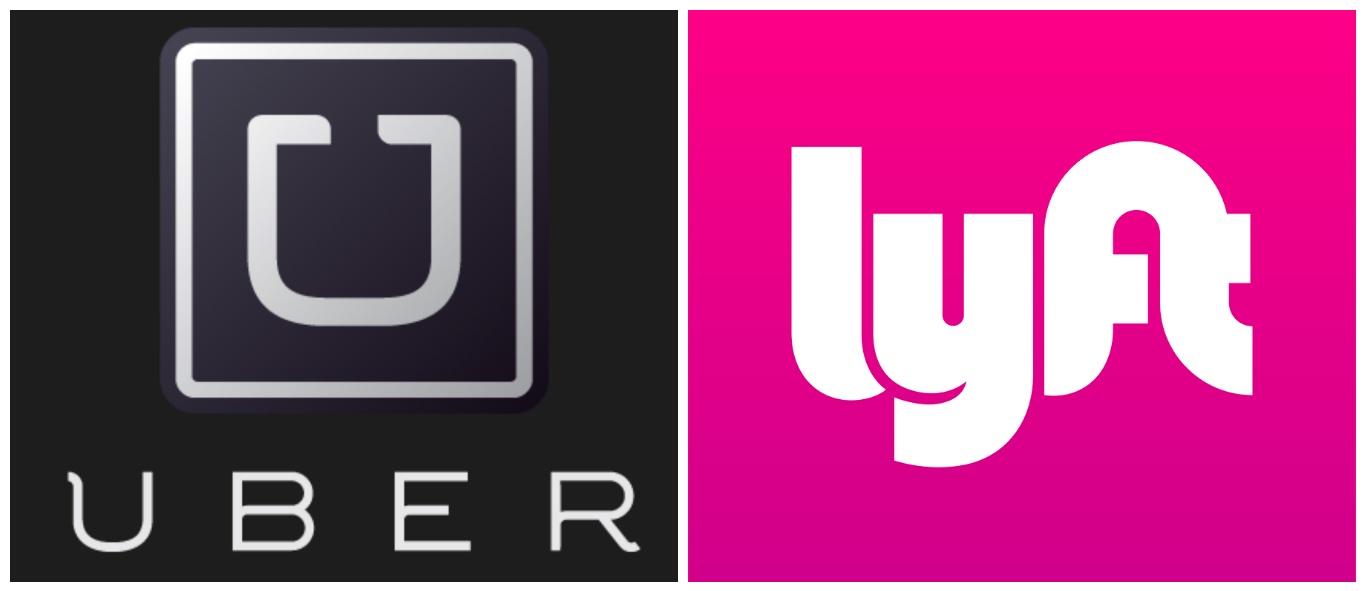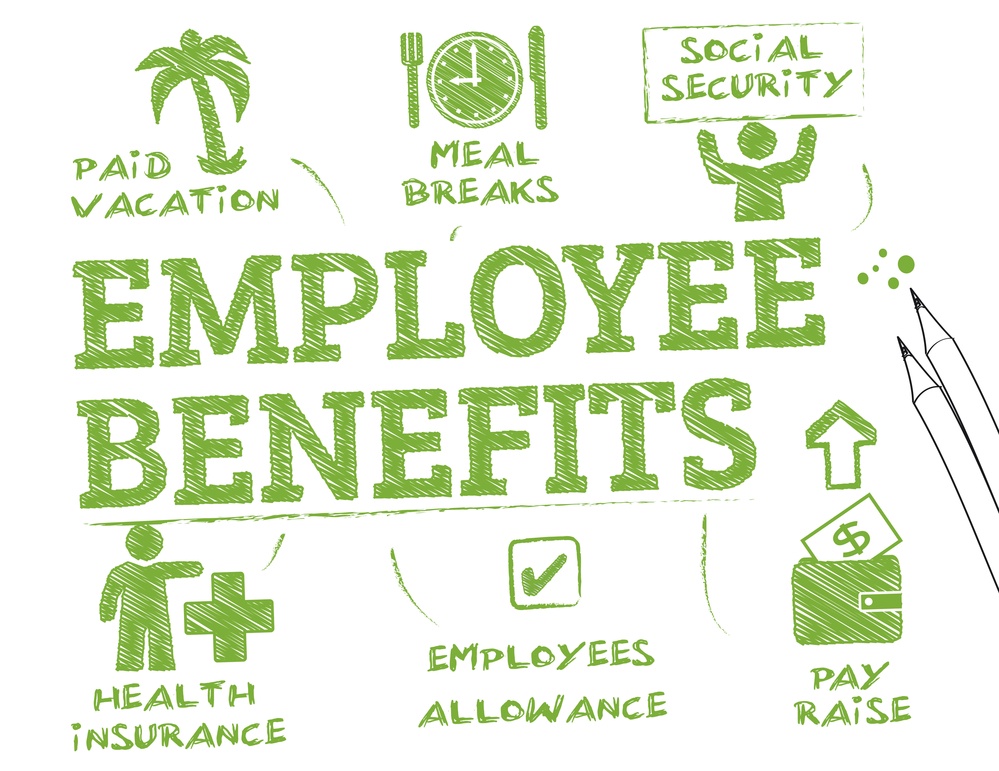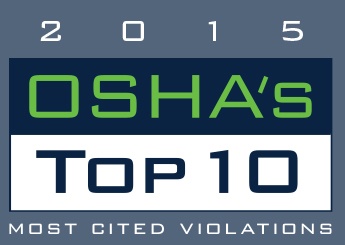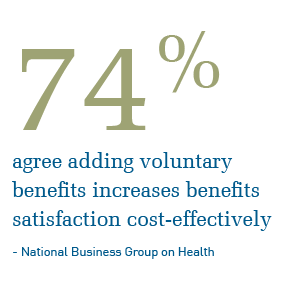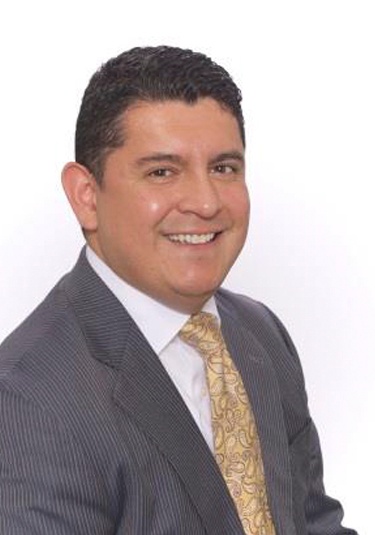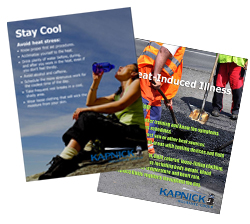The next most common objection from an employer to offering voluntary benefits(click here to read “They don’t want it”) is “My employees can't afford it.”
Of course they can't. I can be a smart aleck and say, “if you paid them more, then they could.” But you and I both know that isn't the answer.
We have a habit of living up to our means, don't we? No matter how much we make, we expand our standard of living: buy better clothes, fancier cars, add HBO to our cable line up. Everyone already spends everything they earn.
Yet how is it then that people will stop by Starbucks on the way to work, or run out to a restaurant for lunch every day, while at the same time telling you and everyone else that can't afford it? It's all about choices, and priorities, isn't it.
We want to have money, we want to save for a rainy day, or for retirement, or for whatever, but then all of a sudden, "Squirrel!" That lunch at the restaurant just seems better. That soy skinny latte seems tastier. We become willing to part with our money for that thing which we decide is a priority right now.
Topics: Employee Benefits
Pokémon Go is APPealing to Gamers, but Creating Increased Risks
Posted by kapnick on Jul 19, 2016 3:15:27 PM
Pokémon Go is more than just a cultural phenomenon; it’s now the most popular mobile game in U.S. history. Take a look around any bustling intersection or local gathering place and you’re likely to see gamers of all ages glued to their phones in search of a high-scoring Pokémon character.
What’s Pokémon Go About?
The game allows players to cross over from the fantasy gaming world of Pokémon to explore the real world. Users will look for creatures with names such as Diglett, Doduo, and Ponyta as they pop up on screen. These characters can appear almost anywhere – on someone’s shoulder, along a sidewalk, in a trash can or behind a giant light pole.
The app, created by San Francisco-based software developer Niantic Labs, can either be downloaded from the Pokémon website or through Google Play. It should be noted that Google Play requires users to login via their Google credentials, giving the app access to all of a users’ Google-related information including Gmail, Google Docs and Google Photos, or through iTunes for the iOS platform.
Once Niantic Labs discovered this inherent flaw, they issued a statement that they were working on an update that will limit the information requested to only basic Google profile data. (It should be noted that users will not have to take any action to fix the flaw.)
OSHA Announces Two New Reporting Rules On Workplace Injuries and Illnesses
August 10, 2016 and January 1, 2017 are two important dates for employers to remember. That’s when the Occupational Safety and Health Administration's (OSHA) new rules to improve tracking of workplace injuries and Illnesses go into effect.
Topics: Risk Management/Services
One of the most often heard objections from an employer to offering voluntary benefits is, “My employees don’t want it.”
How do you know??
Because you asked them???
Topics: Employee Benefits
Kapnick Insurance Group Welcomes Rubin Torrez to their Employee Benefits Sales Team
Posted by Kapnick Insurance Group on Jul 5, 2016 2:38:23 PM
Topics: Press Releases, In the News
Now that the days of bundling up and dreading venturing out into the cold, gloomy, winter weather are finally behind us, it is time for some fun in the sun!! Before you head out to the beach or ballpark, use these tips to beat the heat during the dog days of summer.
Steeper Fines from OSHA are No Accident
Posted by Kapnick Insurance Group on Jun 9, 2016 10:56:56 AM
Employers Could Be in for a Big Surprise with Retroactive OSHA Fine Increases
There will soon be a bigger price to pay for violating workplace safety – both for future fines and those currently being investigated by the U.S. Occupational Safety and Health Administration. That’s because employers will be facing larger retroactive OSHA fine increases. How’s this possible?
President Barack Obama signed The Bipartisan Budget Act of 2015 in November of 2015. With the passage of this law, all federal agencies with civil monetary penalties covered by the statute, including OSHA, are required to update their existing fine structure.
Starting August 1, 2016, OSHA's civil penalty structure will sharply increase to reflect the change in the consumer price index. The last update was pre-1996. For the time being, the rate from October 2015 will be used. It should be noted, OSHA is now required by law to adjust its penalties annually based on this index.
The Bipartisan Budget Act of 2015 allows OSHA to increase maximum fines by up to 78%. Currently, the existing cap is $70,000 for “repeat and willful” violations. However, these fines could realistically increase to $124,709. Plus, the top fines for “serious and other-than-serious” violations could escalate to $12,471 (from the current maximum of $7,000).
Topics: Risk Management/Services
In my last blog, we talked about “what are voluntary benefits.” READ LAST BLOG
Now we are going to start discussing the first on the list of voluntary benefits: supplemental plans. These plans are designed to pay cash directly to the policyholder in the event of some specific illnesses or injuries. The various plans are designed with a list of benefits that will pay the policyholder either a large “lump-sum” benefit upon diagnosis, or a series of benefits based on what treatments the covered person goes through. The employee can use the money wherever he or she sees fit, whether their deductibles and copayments or their regular bills at home.
As I stated, the employee can use the benefits to help fill in whatever gaps they may have, like deductibles, copayments and coinsurance, or to simply help them pay their bills at home like mortgage or rent, car payments, and utility bills. These latter expenses are in many times the greater concern, because when they, their spouse or kids are getting medical treatments their income is likely being reduced due to missing work.
Quoted in many studies, 3 out of 5 bankruptcies are the result of medical expenses, while nearly 4 out of 5 of those households who filed for bankruptcy had health insurance. It isn’t the medical bills that cause them to go bankrupt, it’s the fact that 65% of America doesn’t have access to $1,000 in an emergency without borrowing it, according to a survey from Aflac*. Not surprisingly, this is even worse with the younger Millennials, and Generation Z. In Millennials, 62% surveyed have access to less than $1,000 in an emergency without borrowing it, and 28% have access to less than $500. For Generation Z, fully 84% have access to less than $1,000, and 49% have access to less than $500.
*Aflac 2016 Workforces Report - https://www.aflac.com/business/resources/aflac-workforces-report/default.aspx
Topics: Employee Benefits


